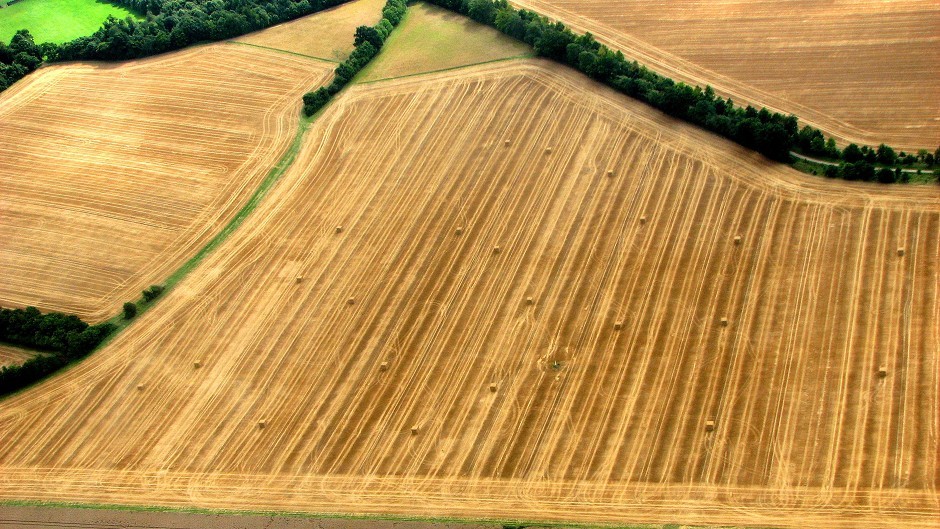Proposals to widen tenants’ succession rights and convert secure tenancies could result in landowners requiring around £600million in compensation from the government, claims Scottish Land and Estates (SLE).
The landowners’ body claims the proposals, which were outlined in the final report from the Agricultural Holdings Legislation Review Group (AHLRG), breach property rights and are at risk of contravening European Court of Human Rights legislation.
Giving evidence to the Scottish Parliament’s rural affairs, climate change and environment (Racce) committee, SLE said research showed that widening succession rights and allowing secure tenancies to be converted into limited duration tenancies (LDT) would result in the loss of hundreds of millions of pounds to landowners.
Work carried out by land agents Smiths Gore estimated Scots landlords would lose £297million as a result of converting secure tenancies to a 25-year LDT, while extending succession rights would result in a loss of £285million to landowners.
Stuart Young, who chairs SLE’s agricultural holdings legislation group, said the organisation had taken legal advice on the proposals and was of the opinion that they breached property rights and could result in landlords being due compensation from government.
In its evidence to the parliament committee, SLE said: “We fully support developing a targeted solution to address individual hardship cases, but can it be proportionate to change the succession law for all 1991 Act tenancies resulting in a potential compensation claim of hundreds of millions of pounds for a handful of situations?”
The Racce committee also heard evidence from NFU Scotland, the Scottish Tenant Farmers’ Association (STFA), RICS Scotland and SAAVA.
The STFA branded SLE’s submission as “unhelpful” and “seeking only to preserve landlords’ interests to the exclusion of any consideration of the human rights of others”.
“Too often human rights are seen as a way of inhibiting reform whereas, there are many occasions where human right issues should actually be seen as a stimulus for progress,” said the tenants’ body.
“We would encourage policymakers not to be taken in by this blatant scaremongering and concentrate on bringing forward legislation in the best interests of Scottish agriculture and its rural communities.”
The organisations were split on whether or not codes of practice for the sector, which will be governed by a tenant farming commissioner, should be statutory or voluntary.
NFU Scotland and STFA called for statutory legislation, however RICS and SAAVA said a voluntary code would suffice.
